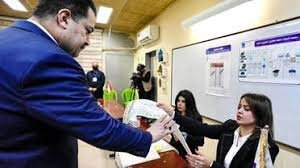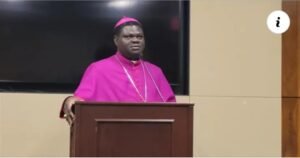Pro-Iran Shiite parties secure majority in Iraq’s provincial elections

In the aftermath of Iraq’s provincial vote on December 18, the electoral commission has unveiled the final results, revealing a decisive victory for pro-Iran Shiite parties across the majority of provinces.
Marking the country’s first election in a decade, the polls occurred amid a backdrop of political indifference in Iraq, a nation grappling with post-conflict recovery and entrenched corruption.
With voting spanning 15 out of Iraq’s 18 provinces, the autonomous region of Kurdistan is set to conduct a separate vote next year. Established after the 2003 US-led invasion, provincial councils, responsible for appointing regional governors and managing essential budgets, played a pivotal role in this electoral process.
Notably, in nine central and southern provinces, outgoing governors’ parties or coalitions led by pro-Iran factions dominating the parliament emerged as the major victors. This election served as a crucial litmus test for Prime Minister Mohammed Shia Al-Sudani, who assumed office just over a year ago with support from pro-Tehran parties, ahead of the upcoming general election in 2025.
Reflecting a 41 percent turnout, the results spotlight four dominant alliances in key provinces like Baghdad, Dhi Qar, Maysan, Basra, Babylon, and Wassit. The “Nabni” (We Build) alliance, led by Hadi Al-Ameri, a prominent Hashed al-Shaabi commander, showcased strength, alongside former premier Nuri Al-Maliki’s State of Law coalition and the Patriotic forces of the State Coalition, led by Shiite cleric Ammar Al-Hakim and ex-premier Haider Al-Abadi.
In Baghdad, State of Law and Nabni secured dominance, each claiming nine out of 52 seats, with the Taqadom party of Mohamed al-Halbousi, the influential Sunni Muslim former speaker of parliament, making significant strides. Al-Halbousi achieved victory in the predominantly Sunni Anbar province in the west of the country. This election outcome sets the stage for evolving political dynamics in Iraq as it navigates its complex post-conflict landscape.







